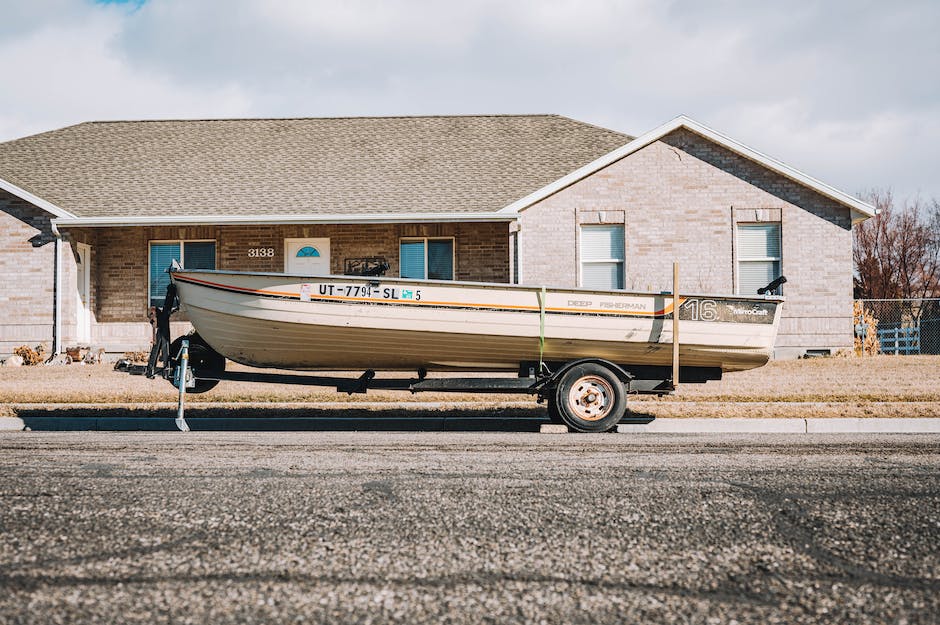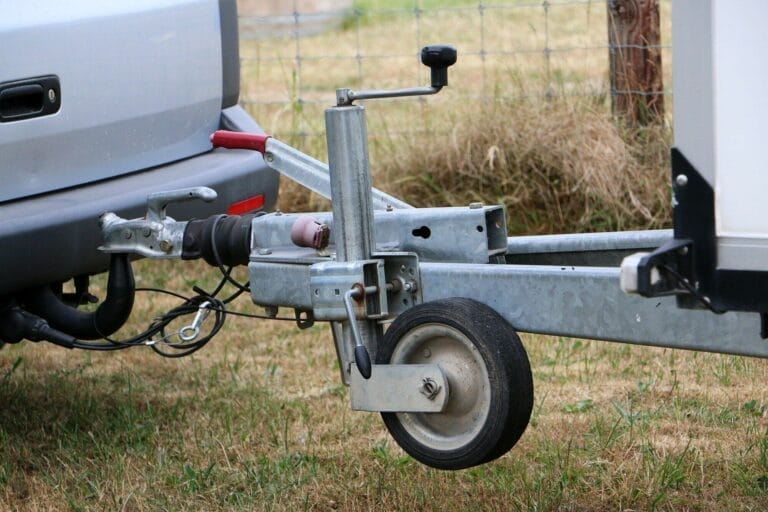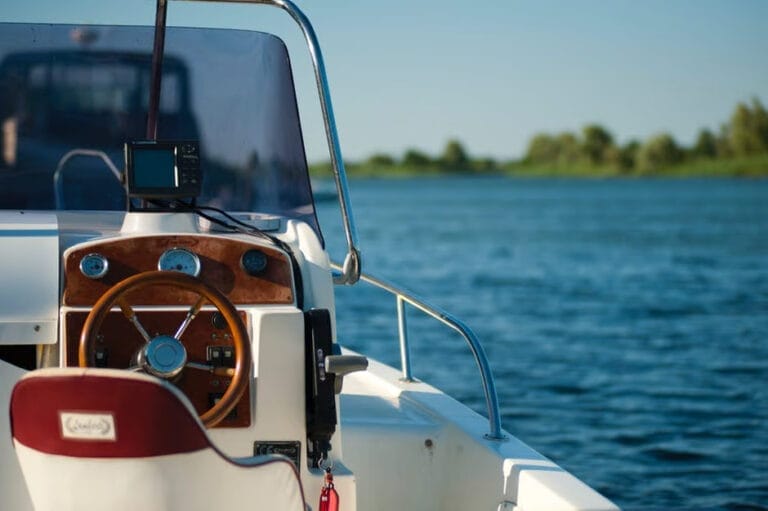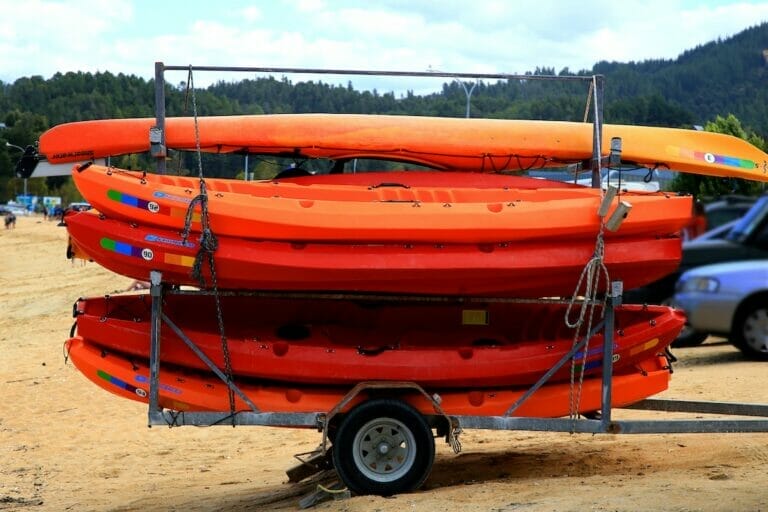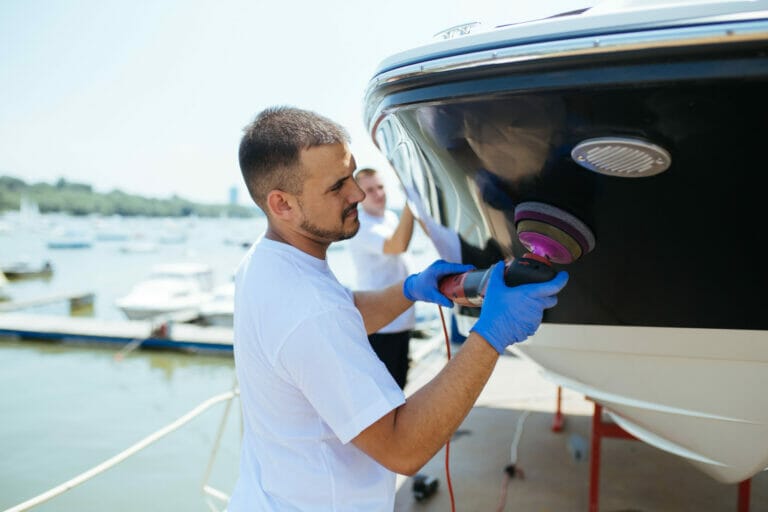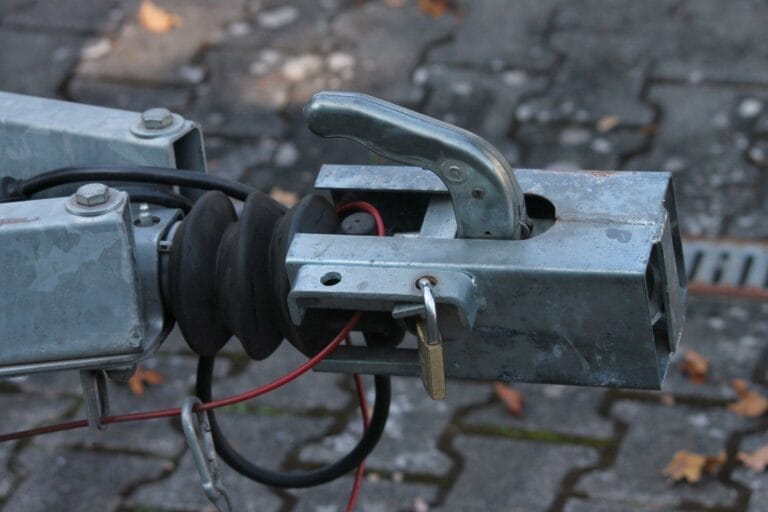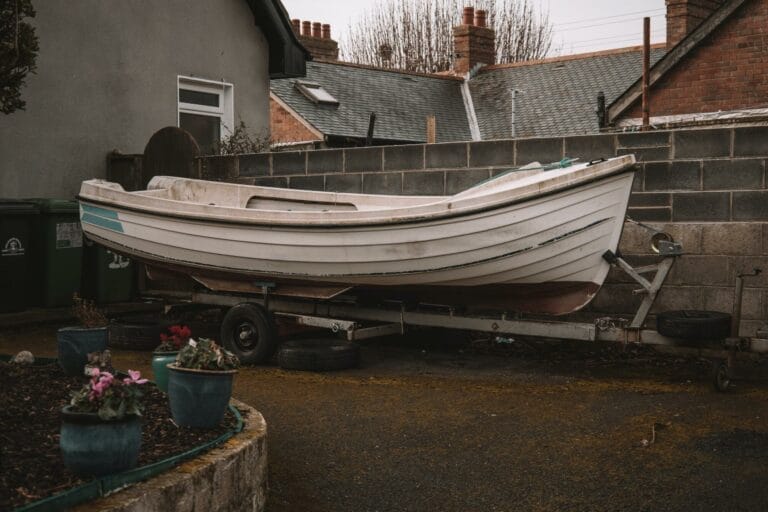A Guide to Choosing the Right Small Boat Trailer for You
Small boats are quite popular in the U.S., with 100 million Americans going boating each year. Transporting these boats to and from the water requires a properly equipped trailer matched to the size and design of the vessel. Investing in the right small boat trailer is key for boat owners to safely and easily move their prized watercraft.
But how do you know what’s the best trailer for your boat? This comprehensive guide will equip you with everything you need to know. From trailer types to factors to consider when comparing your options, we’ll tell you how to choose the best trailer for your needs.
Keep reading to learn more.
Types of Boat Trailers Available
There are several common types of boat trailers to choose from. Each has its own pros and cons you’ll need to consider before making a purchase.
Open Trailers
These are the most common trailer types, consisting of a steel frame that partially exposes the boat. Open trailers are lightweight, easy to maintain, and cheaper than enclosed models.
Roller Trailers
These boat trailers use a series of rollers along the frame to support the hull. The rollers make launching and loading easier on the boat hull. Roller trailers range in capacity from small to large boats.
Bunk Trailers
Bunk trailers use flat-surfaced padded bunks rather than rollers. Bunks provide evenly distributed support. Bunk trailers are often used for lighter boats like sailboats or dinghies.
I-Beam Trailers
These are ideal for larger, heavier boats like cruisers and yachts. I-beams provide strength to carry more weight and require less maintenance than roller models.
Custom Trailers
Custom trailers are built specifically for a boat’s make and model. They provide tailored support and features, making them ideal for boats with unique hull designs.
Matching Your Trailer to Your Boat
When selecting a boat trailer, a boat owner must match it properly to their boat’s specifications. This ensures the boat gets the right amount of support during transport.
Consider the Boat’s Size and Weight
The trailer’s capacity must meet or exceed the boat’s gross weight. Undersized trailers can cause damage. Allow for future added gear that may add weight.
Factor in the Hull Design
Certain hulls like V-hulls need rollers for even keel weight distribution. Flat or pontoon hulls can use bunks instead. Consider hull shape to determine the support needed.
Account for the Propulsion System
Inboard motors require trailers that accommodate props and rudders. Outboard motors sit atop the stern, needing elevated clearance. Ensure that the trailer aligns with the propulsion setup.
Choose the Right Materials
Galvanized steel or aluminum boat trailers can handle saltwater exposure. Enclosed trailers protect the hull and components. You’ll also want to consider climate and storage when selecting materials.
Ask the Experts
Consult with experienced boat trailer manufacturers when unsure of how to match your trailer. They can ensure you get the right setup for your specific boat.
Additional Trailer Options & Features to Look For
When selecting a boat trailer, you’ll want to look beyond just capacity and basic design. There are many additional features and options to consider to meet your specific needs.
Essential Safety and Performance Upgrades
Some key upgrades to look for include urge brake systems, which activate brakes when the trailer slows down. Breakaway systems apply brakes if the trailer gets detached from the tow vehicle. Upgraded LED lights and radial tires also improve safety and performance.
Convenience and Customization Extras
Options like swivel jack stands, spare tires, tongue, and padded bunks add convenience when loading and storing. You can further customize your boat with custom rims, chrome finishes, and marine carpets. Giving your trailer some personal flair can be fun.
Hull Protection Options
Investing in hull protection is important for safeguarding your boat investment. Bow stoppers, rubber bunk covers, transom savers, and guide-ons all help guide your boat onto the trailer without damage. Proper hull supports prevent cracking and scratches.
Secure Ways to Fasten the Boat
A good winch system and safety chains are essentials for adequately securing the boat during transport. Added ratchet tie-downs, J-hooks, and transom straps hold it even more securely to the trailer frame.
Specialty Trailer Add-Ons
Certain upgrades like brake controllers, torsion axles, and stainless-steel hardware may be needed for larger boats. They also make it easier to navigate rugged conditions. Discuss specialty add-ons with knowledgeable dealers to see if they are recommended for your boat.
Upgraded Frames and Building Materials
Heavier boats may require double I-beam frames, multiple axles, and disk brakes. Opt for marine-grade aluminum or stainless-steel components for maximum durability, especially in saltwater environments.
Additional Protection From the Elements
Fully enclosed trailers provide the best protection. However, partial options like frame end caps, fenders, and vinyl side enclosures can also be worthwhile upgrades. They can help protect your investment from the elements and debris on the road.
Buying Used Vs. New Trailers
Purchasing a pre-owned trailer can save you money upfront, but cost you in terms of repairs and maintenance. If going this route, inspect for issues like rust, damaged frame parts, and worn tires before purchase. Test the lights, brakes, winch, and other systems to ensure they operate properly. Look at the overall condition to avoid hidden problems.
When buying new, research trailer manufacturers’ reputations for durability and customer service. Consult with trailer repair experts to ensure the model properly fits your boat’s specifications for optimal safety. New trailers allow you to customize features and options as well during the order process.
Weigh the pros and cons of buying used versus new for your budget and needs. Both can be great options with the right research and inspection before making a decision.
Count on Us for Your Small Boat Trailer Needs
Owning a boat, while adventurous, comes with tremendous responsibility. Part of that is investing in a high-quality trailer. We hope this guide has provided helpful factors to consider when researching the many trailer options on the market.
But if you have any questions, our team is here to help. We are a leading provider of boat trailers, parts, repairs, and expert guidance. Our team makes the process easy so you can focus on smooth sailing ahead.
Find the perfect small boat trailer for your needs and enjoy the freedom of hitting the open water!
